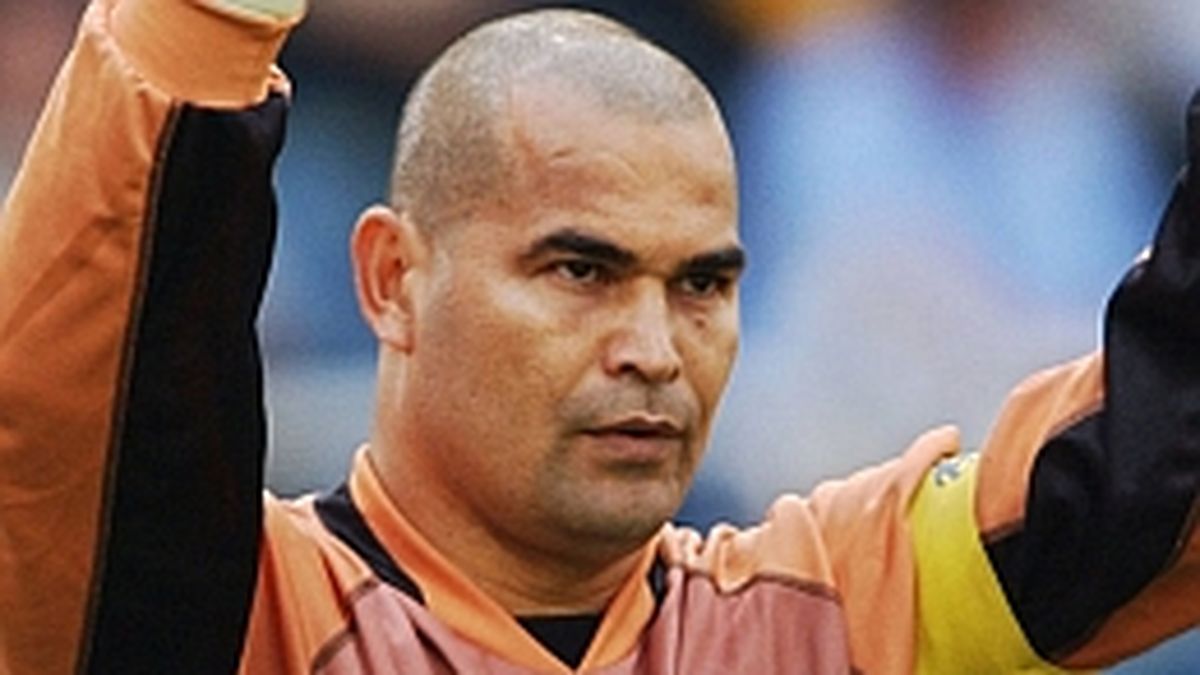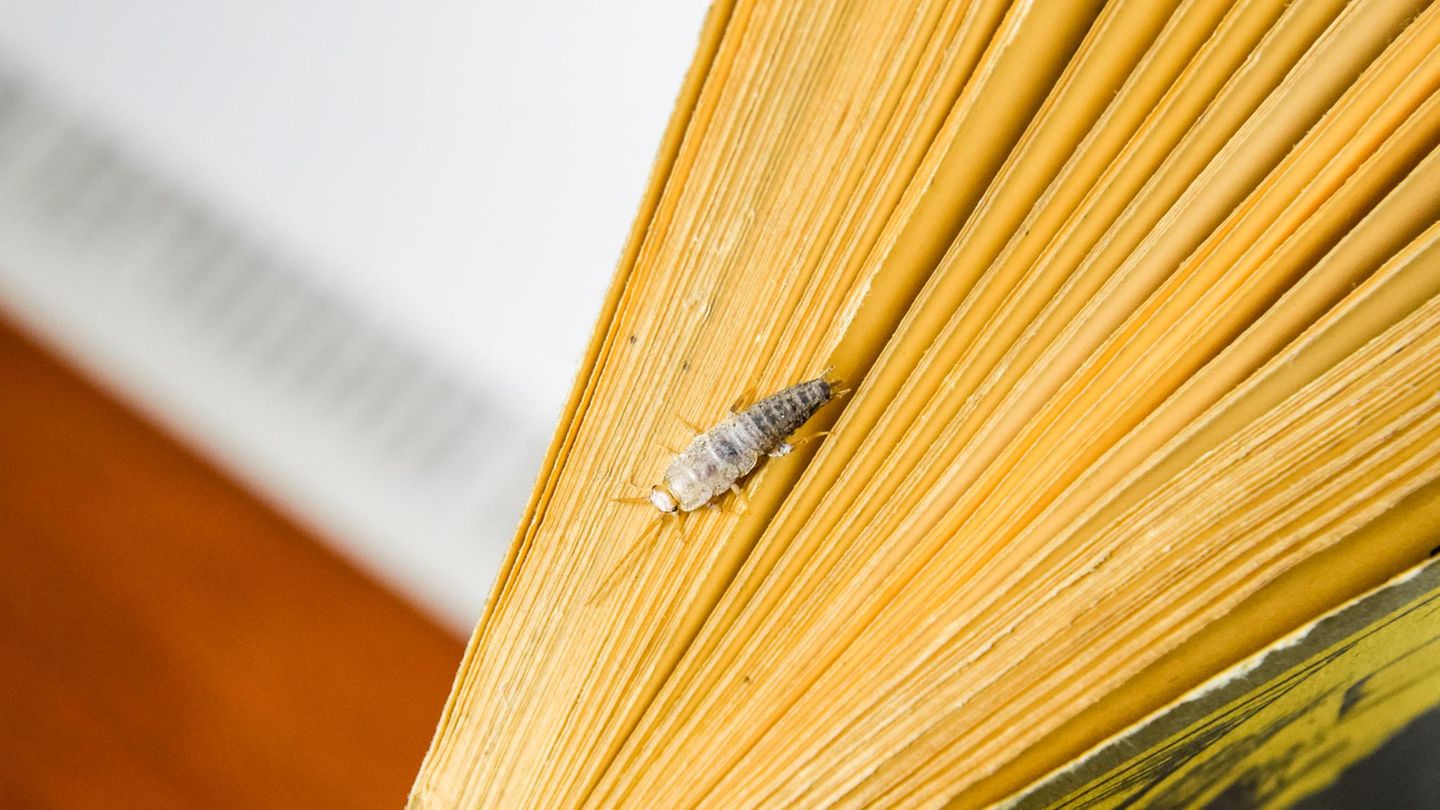Football is full of iconic characters and one of them is undoubtedly José Luis Chilavert. This Paraguayan goalkeeper stood out for his performance between the three sticks and his unusual ability to score goals. With his strong character and controversial statements, Chilavert generated love and hate, establishing himself as one of the most remembered players in history.
The archer who shone in Velezwith his unique style and great skill on the field, left an indelible mark on Argentine football, especially with that first free kick goal that broke paradigms and amazed everyone. His audacity not only allowed him to save, but also lead and dare to take free kicks that made him a media and sports phenomenon.
chilavert.jpg
Chilavert was chosen as the best goalkeeper in the world club
The first free kick goal by a goalkeeper in the history of Argentine football
On October 2, 1994, the Stadium Jose Amalfitani He witnessed a historic event: the first free kick goal by a goalkeeper in Argentine soccer. In that match they faced Vélez Sarsfield and Deportivo Español on a cloudy afternoon, and the goal that would change history was about to come. Chilavert, under the orders of Carlos Bianchi, He stepped forward from his goal to execute a free kick that would leave everyone speechless.
The moment was surprising. Usually, the person in charge of free throws in The Fort was Roberto Trotta, but the coach of the blue V decided to entrust Chilavert with the responsibility, perhaps influenced by the skills that the goalkeeper demonstrated in training. In just 1.2 seconds, Chilavert’s powerful shot crossed the field and lodged in the right post of the Deportivo Español goalkeeper, Marcelo Pontiroli. That goal not only gave the local team the victory, placing them at the top of the table, but also marked a milestone in Argentine soccer, being the first goal by a goalkeeper in this modality.
“The decision was risky, but I was confident in what I could do,” Bianchi stated about his choice. By then, Vélez had already won the Libertadores Cupand Chilavert’s goal helped strengthen the team’s winning streak. This memorable goal would inspire other renowned goalkeepers who would later also dare to take free kicks and penalties.
Chilavert would continue to challenge the norms, scoring other goals throughout his career and becoming a goalkeeper renowned for both his defensive and offensive abilities. His influence and his first free kick goal would continue to be remembered by football fans and experts.
What was José Luis Chilavert’s career like?
El Chila, born on July 27, 1965 in Luque, Paraguay, He began his career in Argentine soccer in 1985, when he signed with Saint Lawrence. There he began to build his reputation, although his time at the club was not so brilliant. In 1988, he emigrated to Spanish football to play for Royal Zaragozawhere he continued to perfect his style.
In 1992, Chilavert returned to Argentina to join Vélez, where he would truly make his mark. It was with the arrival of Bianchi as coach that the club began one of its most glorious eras, winning local and international titles. José Luis, with his strong personality and unconventional skills for a goalkeeper, was a fundamental piece in the success of the Liniers neighborhood team. In 1994, the team won the Copa Libertadores and, months later, the Intercontinental Cup by beating AC Milan in a final that would remain in the memory of the fans.
“My style has always been to take risks, on and off the court.” declared one. That daring approach led him to obtain several individual titles, such as the award for Best Goalkeeper in the World in 1995, 1997 and 1998 for the International Federation of Football History and Statistics (IFFHS). Furthermore, he enteredthe Guinness book of records by being the first goalkeeper to score three goals in a single game in 2000.
After a career full of successes in Vélez, Chilavert also explored other paths. In 2000, he was transferred to Strasbourg Racing in France, where he continued to demonstrate his quality in the European league. Two years later, he moved to Penarol in Uruguay before returning to Fortín in 2004 to finish his sports career in the team that saw him shine.
Source: Ambito
I am Pierce Boyd, a driven and ambitious professional working in the news industry. I have been writing for 24 Hours Worlds for over five years, specializing in sports section coverage. During my tenure at the publication, I have built an impressive portfolio of articles that has earned me a reputation as an experienced journalist and content creator.




